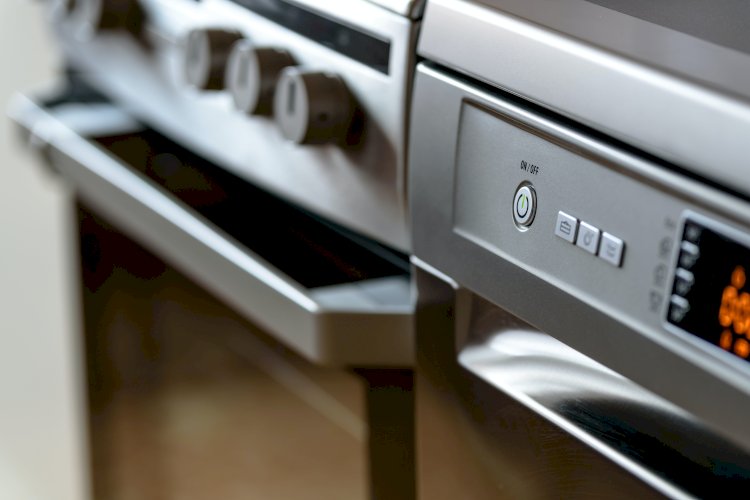Safety around electrical appliances in the kitchen is crucial to prevent accidents and ensure the well-being of everyone in the household. Here are some important safety guidelines to follow:
- Installation: Ensure that all electrical appliances in your kitchen are installed properly and by a qualified professional. Faulty installations can lead to electrical hazards.
- Ground Fault Circuit Interrupter (GFCI): Install GFCI outlets in areas where water is present, such as near sinks or countertops. GFCI outlets detect imbalances in electrical currents and quickly shut off power to prevent electric shocks.
- Water and Electricity: Keep water away from electrical appliances and outlets to avoid the risk of electrical shock. Do not operate appliances with wet hands or when standing on wet surfaces.
- Cords and Plugs: Inspect appliance cords regularly for any signs of damage or fraying. Do not use appliances with damaged cords, as they can be a fire hazard or cause electrical shock. Make sure plugs fit securely into outlets and avoid overloading outlets by using multiple appliances on the same circuit.
- Unattended Appliances: Do not leave cooking appliances unattended while they are in use. Stay in the kitchen and keep an eye on them to prevent fires or other accidents. If you need to leave, turn off or unplug the appliances.
- Heat Sources: Keep flammable materials, such as towels, curtains, and plastic, away from heat sources like stoves, toasters, and ovens. Maintain a clear space around these appliances to prevent the risk of fire.
- Maintenance: Regularly clean and maintain your electrical appliances according to the manufacturer’s instructions. Clean spills and food debris promptly to prevent them from causing electrical issues or malfunctions.
- Childproofing: If you have young children in the household, consider installing childproof covers on outlets and keeping appliances out of their reach. Educate children about electrical safety and teach them to never touch or operate appliances without adult supervision.
- Smoke and Carbon Monoxide Detectors: Install smoke detectors and carbon monoxide detectors in the kitchen and other areas of your home. Test them regularly to ensure they are functioning correctly.
- Familiarize Yourself: Read the user manuals of your appliances to understand their proper use, safety instructions, and any specific precautions to be followed.
By following these safety guidelines, you can minimize the risks associated with electrical appliances in the kitchen and promote a safe environment for everyone.

